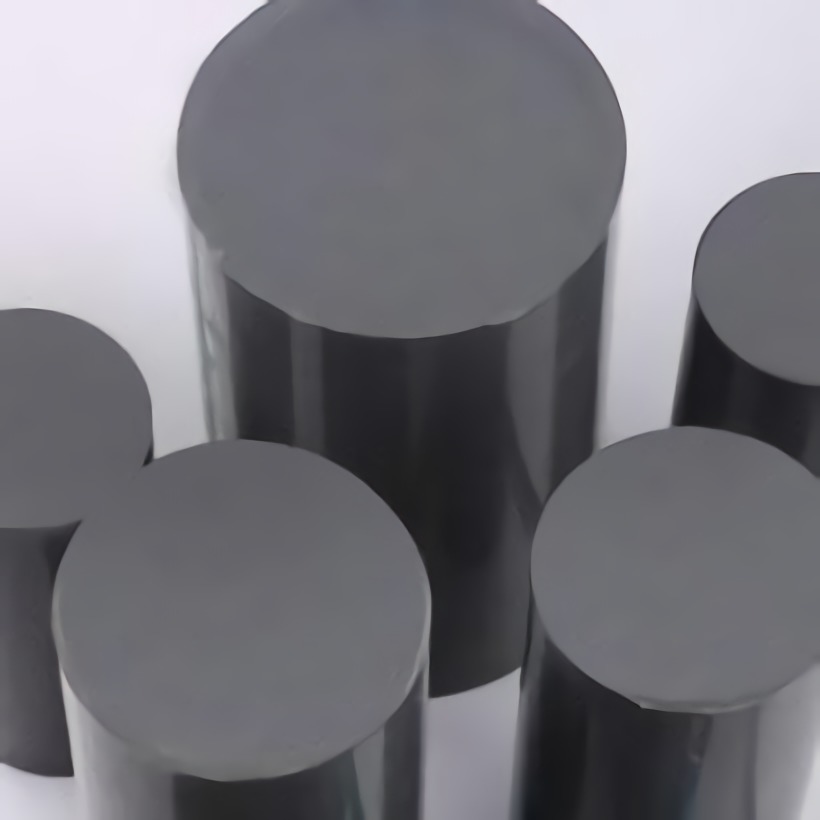12月 . 07, 2024 16:13 Back to list
pvc electrical pipe
The Importance and Applications of PVC Electrical Pipes
Polyvinyl chloride (PVC) electrical pipes have become increasingly popular in various electrical installations due to their unique properties and advantages. These pipes play a crucial role in protecting electrical wiring, ensuring safety, and providing a reliable conduit for electrical systems. In this article, we explore the significance, characteristics, and applications of PVC electrical pipes.
Key Characteristics of PVC Electrical Pipes
PVC electrical pipes are made from polyvinyl chloride, a durable and lightweight thermoplastic material. One of the most notable features of PVC is its excellent resistance to corrosion and chemicals. Unlike metal conduits, which can rust and corrode over time, PVC does not suffer from these issues, making it an ideal choice for both indoor and outdoor applications.
Another important characteristic of PVC pipes is their insulating properties. PVC is a non-conductive material, which provides an added layer of safety in electrical installations. This insulation helps prevent electric shocks and short circuits, making PVC a safer option for housing electrical wires and cables.
PVC pipes are also highly versatile and can be manufactured in various sizes and thicknesses to accommodate different electrical loads and applications. Their lightweight nature makes them easier to handle and install, reducing labor costs and installation time.
Benefits of Using PVC Electrical Pipes
The use of PVC electrical pipes offers several significant benefits. First and foremost, their cost-effectiveness is a major advantage. PVC pipes are generally less expensive than metal alternatives, making them an attractive option for budget-conscious projects. Additionally, their durability translates to lower maintenance costs over time.
pvc electrical pipe

PVC has a long lifespan, which means it can withstand the test of time without needing frequent replacements. This longevity is particularly beneficial in large-scale electrical installations, where the costs of replacement can add up significantly.
Another advantage of PVC electrical pipes is their ease of installation. Their lightweight nature allows for quick maneuverability, and the pipes can be cut and joined easily using solvent cement or other connectors. This facilitates a smooth installation process, especially on complex electrical systems.
Applications of PVC Electrical Pipes
PVC electrical pipes are used in various applications across different sectors. In residential construction, they are often employed to protect wiring in walls, ceilings, and foundations. Their flexibility makes them suitable for both new construction and renovation projects.
In commercial buildings, PVC pipes are frequently utilized for running electrical conduits through office spaces, warehouses, and retail environments. They can also be used in outdoor settings, providing protection for electrical connections in landscaping, lighting fixtures, and even street lighting systems.
Moreover, PVC electrical pipes are particularly valuable in regions where moisture and humidity are prevalent. Their resistance to corrosion makes them an ideal choice for installations in coastal areas or areas with heavy rainfall, where metal pipes could degrade quickly.
Conclusion
In summary, PVC electrical pipes are an essential component in electrical installations, offering numerous benefits such as durability, cost-effectiveness, and ease of installation. Their resistance to corrosion and excellent insulating properties make them a safe choice for protecting electrical wiring in both residential and commercial applications. As the demand for efficient and reliable electrical solutions continues to grow, PVC electrical pipes will likely remain a top choice for electrical contractors and builders alike.
-
HDPE Natural Sheet: Durable, Food-Grade & Versatile Plastic Solutions
NewsAug.27,2025
-
Durable Glossy PVC Rigid Sheet | Premium High-Shine Panels
NewsAug.26,2025
-
Durable PP Rigid Sheet: Lightweight, Chemical Resistant Solutions
NewsAug.21,2025
-
PVC Grey Sheet for Extraction: Chemical Resistant & Durable
NewsAug.19,2025
-
Durable PVC Pipe Fittings for Plumbing & Irrigation Needs
NewsAug.18,2025
-
HDPE Steel Belt Reinforced Spiral Corrugated Pipe | High Strength
NewsAug.17,2025

